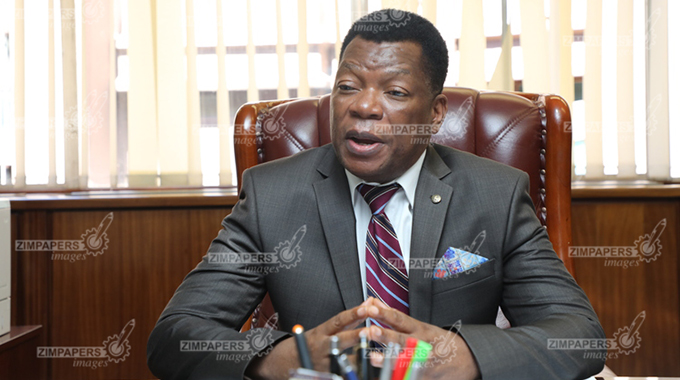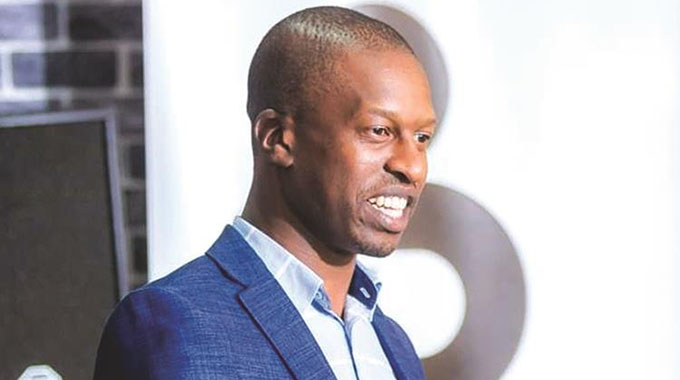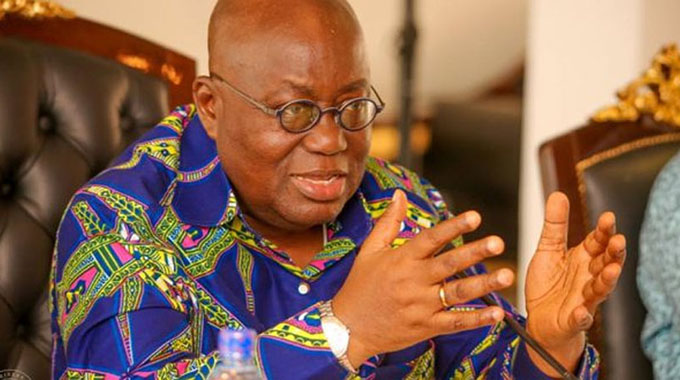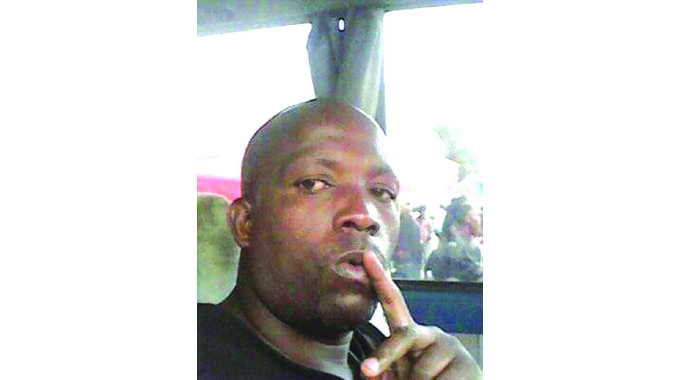NPA to recruit 200 prosecutors to fight graft

Cletus Mushanawani Senior Writer
THE National Prosecution Authority (NPA) has been given the nod to recruit 200 public prosecutors for special anti-corruption courts across the country.
The development comes as prosecutors seconded to the NPA by the uniformed forces have since returned to their work stations following last year’s Constitutional Court ruling that employment of serving members of security services was unconstitutional.
A period of 24 months was given to the NPA and Prosecutor-General Mr Kumbirai Hodzi to disengage all serving members of the security forces.
In an interview on the sidelines of the ongoing training of NPA, Judicial Service Commission (JSC), Zimbabwe Anti-Corruption Commission (ZACC) and Zimbabwe Republic Police (ZRP) officers by Ugandan anti-corruption judge, Justice Lawrence Gidudu in Harare yesterday, Mr Hodzi, said his organisation adheres to court rulings.
“In relation to the judgment you are alluding to, I met the Minister of Finance and Economic Development (Professor Mthuli Ncube) on Monday and we were given authority to recruit as many officers.
“They will be seconded to the NPA and the Special Anti-Corruption Unit (SACU) will have a pick,” he said.
“Other officers who were seconded from sister agencies will go back to their respective stations. It was a national emergency when they were recruited at the time. A lot of them have already reported back to their respective stations.”
Mr Hodzi promised convictions in corruption cases in the first quarter of the year.
Anti-corruption units have been criticised for adopting a “catch and release” approach.
“We, the anti-corruption fighters have agreed to establish a liaison desk where members of ZACC, NPA, SACU, ZRP and all law enforcement agencies will interrogate cases that will be brought to our attention before they are sent to court.
“We will interrogate the strength and evidence and build strategies to prosecute.
“That will be implemented. We will not have a tendency of what was happening where cartels were exploiting anti-corruption agencies to buy their freedom. We will not have this tendency of apportioning blame.
“People should cooperate and work together as one unit because corruption is a threat to the social and economic order.
“It is an emergency and we will not tolerate the situation where we give room to criminals to exploit us when we are facing such an emergency that threatens the very existence of the State itself,” he said.
Head of SACU, Mr Thabani Mpofu, said the “catch and release syndrome” is a public misconception that people are being arrested and released without facing the full wrath of the law.
“We want to increase efficiency in terms of convictions. Some accused persons will be tried depending on the magistrate and judge’s decision while they will be in custody or out on bail.
“Going forward, we are going to see heightened efficiency in the prosecution of these cases. Even when you see these accused persons being released on bail at the end of the day, justice will be delivered,” said Mr Mpofu.







Comments